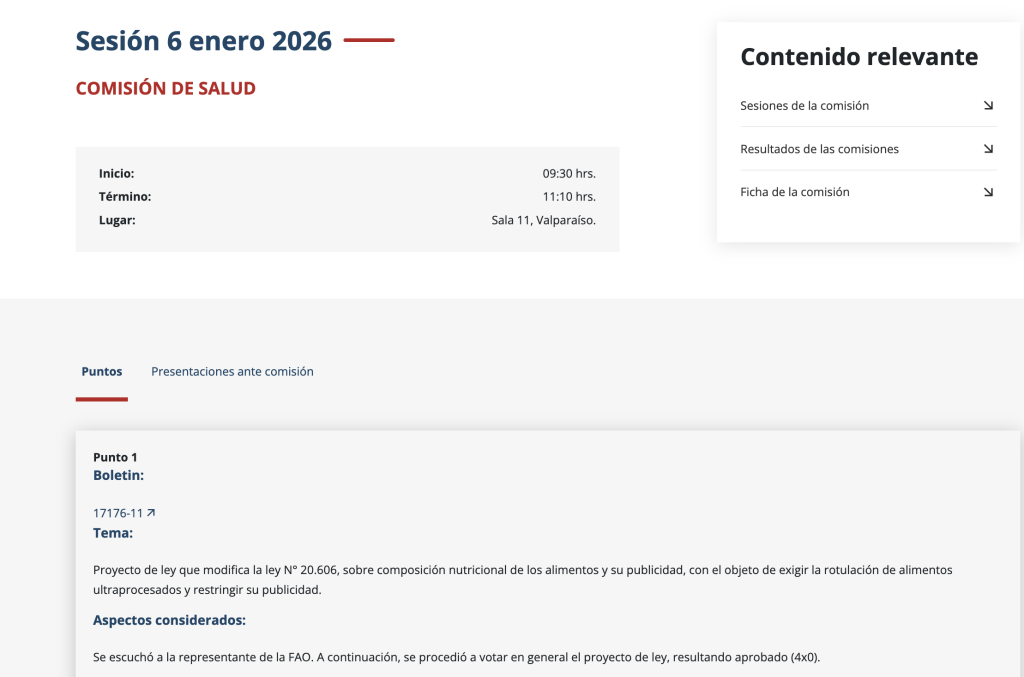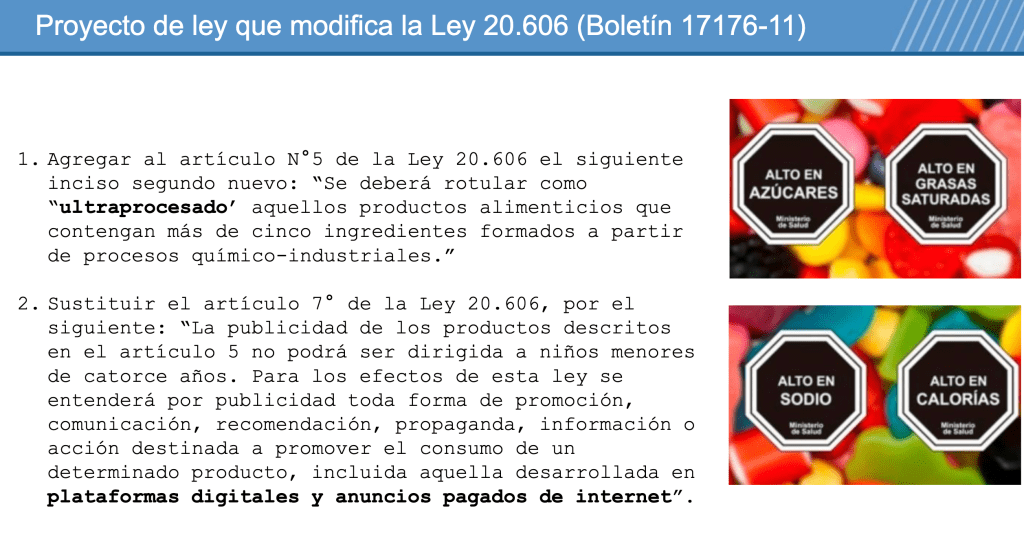The Ministry of Health has published the new Mexican Dietary Guidelines 2025–2030, a technical document that updates the criteria for health promotion and the prevention of chronic diseases in the country. This regulation becomes the guiding framework for national public health, steering the transition toward healthy and sustainable food systems. The text, developed thru a consensus of experts from the National Institute of Public Health (INSP in Spanish) and international organizations, is now available for download and implementation in healthcare facilities.
The new 2025–2030 Healthy and Sustainable Dietary Guidelines are a strategic tool to improve the nutrition of the Mexican population without compromising the environment, and are therefore aimed at everyone, with special attention to school-age children and adolescents, said Anabelle Bonvecchio Arenas, Director of Nutrition Policy and Programs Research at the National Institute of Public Health (INSP in Spanish).

